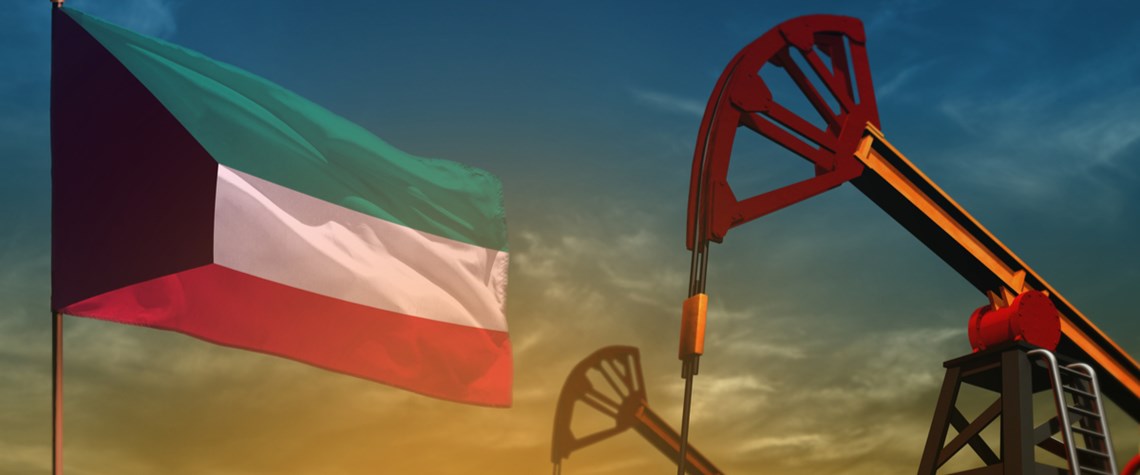Kuwait looks to capitalise on emir’s bold move
Emir Sheikh Mishal al-Ahmad al-Sabah’s dissolution of parliament gives him more power to shape decisions on the country’s oil and gas future
The suspension on 11 May of Kuwait’s National Assembly, the Mideast Gulf region’s only fully elected chamber, hands Emir Sheikh Mishal al-Ahmad al-Sabah full control over new legislation. It represents a bold step to shake up a dysfunctional political system that has left Kuwait struggling to keep pace with other Middle Eastern oil producers. Analysts see the move as clearing the path for domestic energy projects to make progress, following years in which MPs subjected ambitious expansion schemes to intense scrutiny. MPs have repeatedly thwarted government efforts to encourage foreign investment into large oilfields. Project Kuwait, an attempt in the early 2000s to allow IOCs to develop he

Also in this section
18 February 2026
With Texas LNG approaching financial close, Alaska LNG advancing towards a phased buildout and Magnolia LNG positioned for future optionality, Glenfarne CEO Brendan Duval says the coming year will demonstrate how the company’s more focused, owner-operator approach is reshaping LNG infrastructure development in the North America
18 February 2026
The global gas industry is no longer on the backfoot, hesitantly justifying the value of its product, but has greater confidence in gas remaining a core part of the global energy mix for decades
18 February 2026
With marketable supply unlikely to grow significantly and limited scope for pipeline imports, Brazil is expected to continue relying on LNG to cover supply shortfalls, Ieda Gomes, senior adviser of Brazilian thinktank FGV Energia,
tells Petroleum Economist
17 February 2026
The 25th WPC Energy Congress, taking place in Riyadh, Saudi Arabia from 26–30 April 2026, will bring together leaders from the political, industrial, financial and technology sectors under the unifying theme “Pathways to an Energy Future for All”







